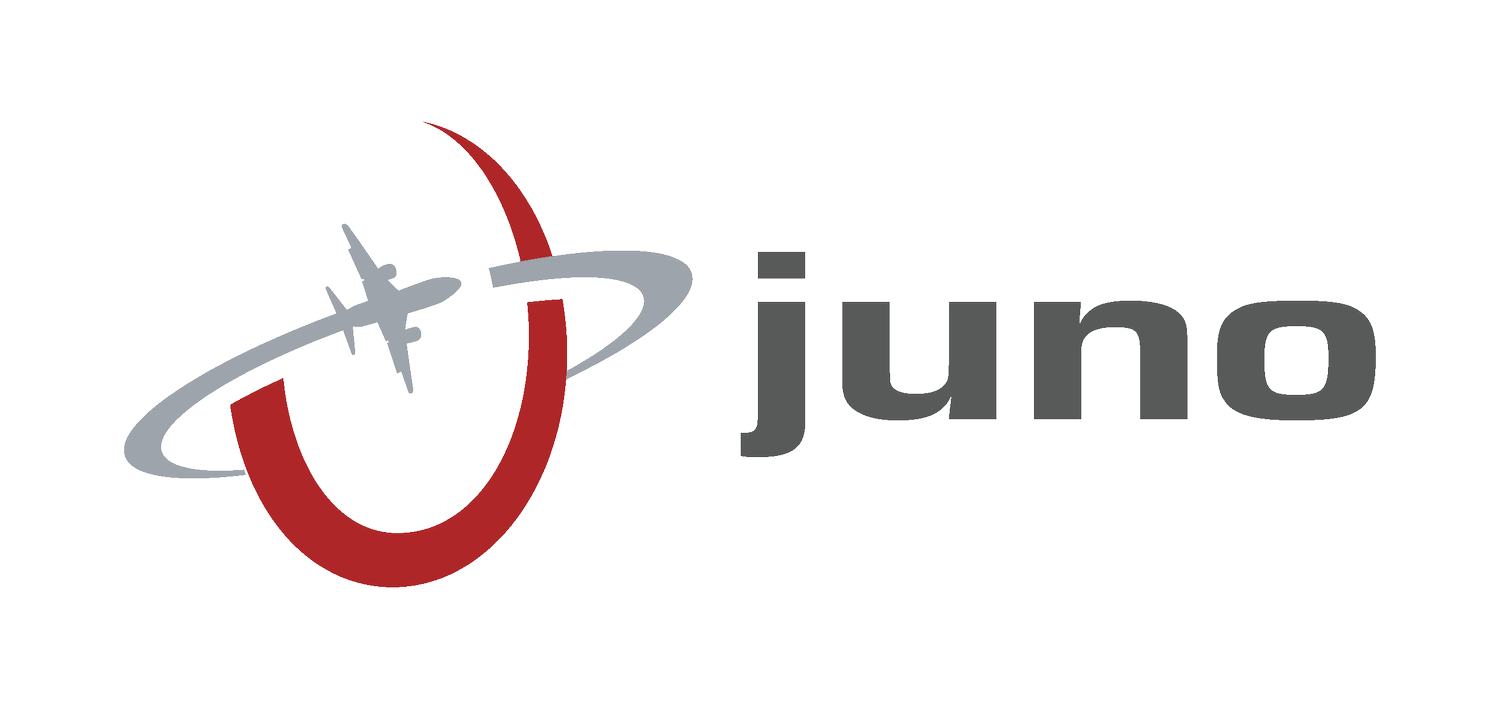The Value of Digitalizing Your Supply Chain
Digitalization is now a key driver for enhancing operational efficiency, increasing transparency, and delivering exceptional value to businesses. However, for many organizations, the question remains: how can we leverage technology and digitization to improve our business model and navigate these changes? Here, we'll delve into how the process of digitalization affects businesses, leading to complete digital transformation.
The Importance of Digitalizing Your Supply Chain
In the relentless and data-driven world of logistics, having real-time access to crucial information can significantly increase the efficiency of your operations. Digitalizing your supply chain can provide valuable insights to new revenue and value-producing opportunities, allow for informed decision-making, and offer a comprehensive, end-to-end view of your processes. These capabilities can lead to reduced costs, improved customer satisfaction, and overall better performance.
Enhancing Efficiency Through Automation
Digitalization paves the way for automated routine, mundane tasks. This shift allows organizations to eliminate time-consuming and repetitive activities, allowing team members to focus their efforts on more strategic tasks.
Shipment Tracking — Traditional shipment tracking often involves manual coordination with different carriers, ports, and customs offices. But digital solutions can streamline this process, offering real-time visibility across various modes of transportation.
Shipment Status Updates — Keeping up-to-date with changes in shipment status can be a significant drain on resources without digital support. Automated solutions help reduce miscommunication and delays by providing real-time updates and sending notifications about the shipment's status, ensuring you are always informed about your logistics operations.
Documentation and Recordkeeping — The digital age has also simplified the process of managing documents and records in the supply chain. Digital solutions can ensure that all required documents are appropriately filed and easily accessible when needed, easing the burden of document management, and ensuring regulatory compliance.
Boosting Transparency in Your Supply Chain
In a supply chain, transparency refers to the end-to-end visibility and traceability of goods, information, and finances at each step, from suppliers to the products’ final destination. Transparency is critical for improving customer satisfaction, enhancing operational efficiency, managing risks, and overall supply chain performance.
Real-time tracking systems can provide full visibility across all freight modes, ensuring stakeholders and clients stay informed about the shipment's status. Dashboards that offer visual insights into the metrics that define your supply chain can further enhance transparency, aiding in informed decision-making.
Value Creation Through Digitalization
Digitalization offers an avenue for creating substantial value in your supply chain. By enhancing efficiency and transparency, businesses can significantly improve their value proposition to clients. Faster response times, personalized customer experiences, and superior service delivery can all be achieved through the use of digital technology.
Increasing Efficiency and Productivity — Automating various manual tasks, such as shipment tracking and document management, can boost the productivity and efficiency of supply chain operations.
Enhancing Decision Making — Having real-time access to critical data and advanced reporting capabilities can enable companies to analyze their supply chain performance, identify bottlenecks, and make informed decisions.
Improving Customer Satisfaction — Real-time tracking features can enhance transparency, keeping clients informed about their shipments' status and helping build trust.
Risk Mitigation — Digital platforms that provide detailed recordkeeping and automatic backup can demonstrate due diligence and reasonable care, assisting with regulatory compliance and helping avoid costly fines and delays.
Supplier Efficiency — Through increased visibility, you can effectively assess the time it takes from order placement to final delivery.
Global Visualization — With supply chain enhancements, you can see the entirety of your orders worldwide. This bird's-eye perspective provides improved oversight and control, streamlining operations, and enabling preemptive management of potential supply chain disruptions.
Economic Returns — Automating and streamlining processes can lead to cost savings by reducing labor hours, minimizing errors, and improving resource allocation.
The road to digital transformation may seem complex, but the right tools can make the journey easier. Platforms like Juno Logistics' J-TRAK and Entry Insight, designed to streamline operations and enhance transparency, are perfect examples of such tools. Additionally, these tools help clients achieve greater efficiency, improved decision-making, higher customer satisfaction, risk mitigation, and cost savings.
Learn how J-TRAK and Entry Insight can enhance your operation.

